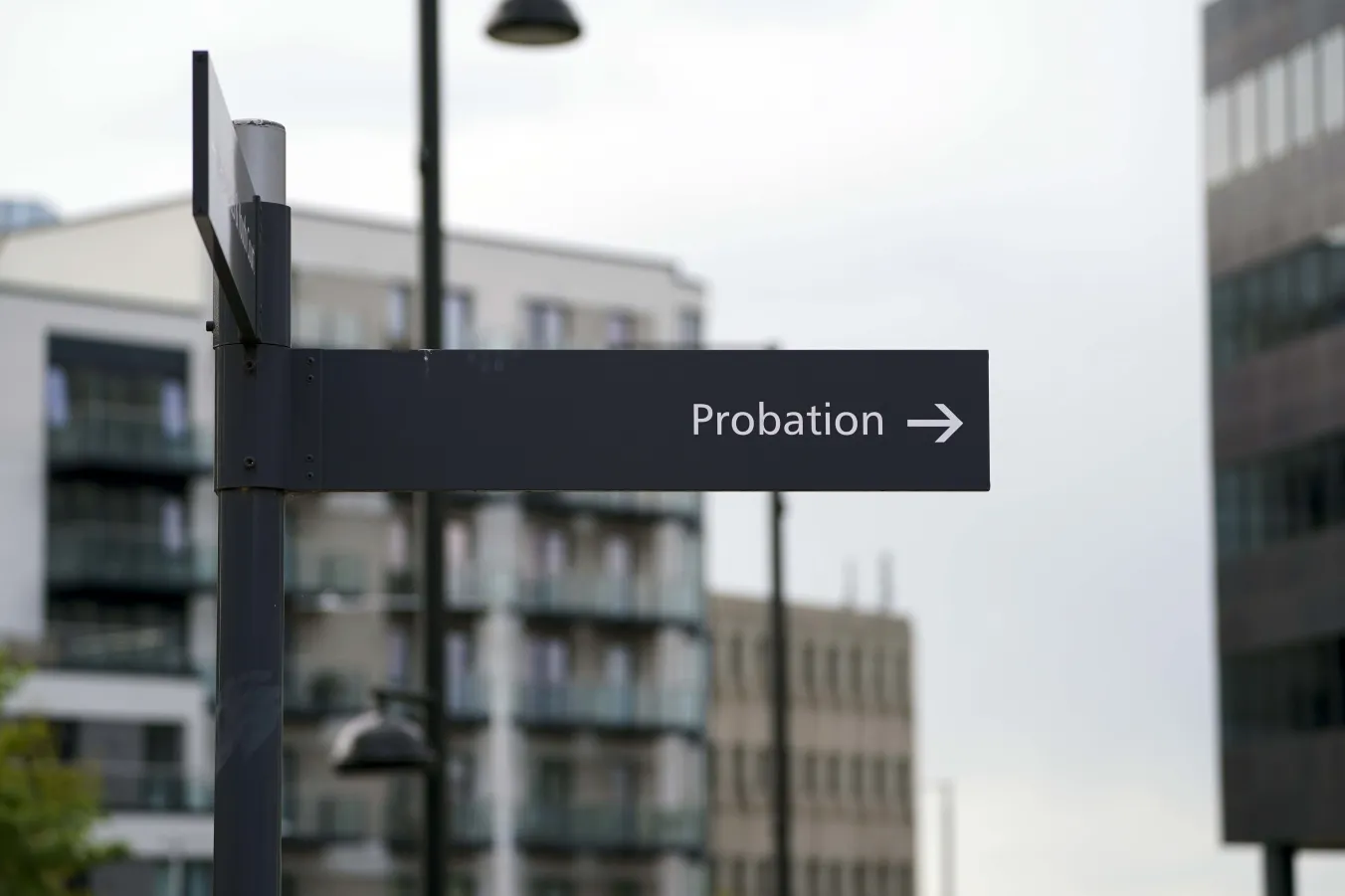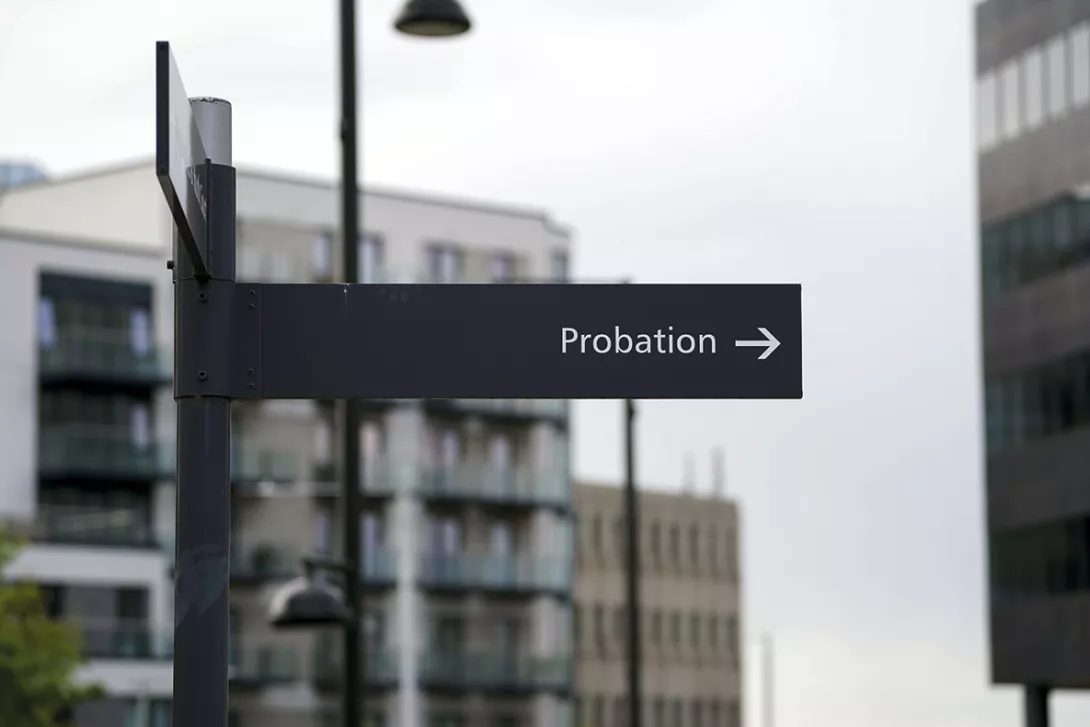The probation service is in crisis
Napo is calling for urgent funding from the new Labour government, directed at the front line, to address 14 years of Tory neglect of a vital service and alleviate the stress on hardworking probation officers, says TANIA BASSETT

THE probation service is in crisis and is failing staff, clients and the public, yet no-one seems to want to take responsibility or action.
While the prison crisis is widely talked about, too little is being said about the probation service, its capacity and ability to carry out its primary functions of rehabilitation and public protection.
It is easy to monitor when the prison service is at capacity — simply count the number of beds you have versus what you need, but it is much more difficult to measure the capacity of the probation service, yet you can’t solve the prison overcrowding problems without it.
More from this author

The service needs proper investment to recover from years of political meddling and to halt high staff turnover, argues TANIA BASSETT of Napo
Similar stories












